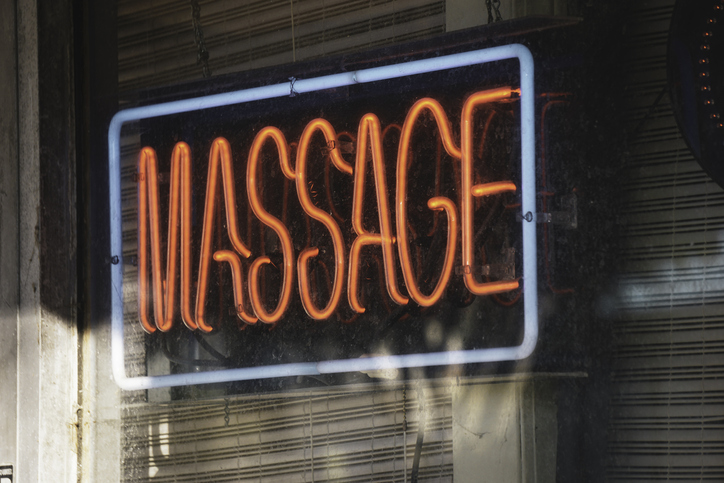Under Texas law, prostitution cases involve knowingly offering to pay or receive a fee in exchange for sexual contact. Due to the fact that prostitution cases require proof of such an agreement, most prostitution arrests are made after police stings since the police need recordings of the conversation in most instances. In the Houston area, prostitution stings take place in different settings known for prostitution. One common prostitution sting involves stings at massage parlors, like the one reported this week. But how do these stings work? How are suspects charged? If the police is involved, is it possible to argue that the police entrapped the suspects?
Police stings at massage parlors are very simple. Typically, an undercover police officer will pose as a client at a massage parlor. In most cases, police target massage parlors that have a reputation for engaging in prostitution or have been the subject of complaints. The undercover officer will have audio recording equipment and will attempt to get the masseuse to agree to engage in sexual contact for a fee. Under Texas law, “sexual contact” is defined as “any touching of the anus, breast, or any part of the genitals of another person with intent to arouse or gratify the sexual desire of any person.”
Many people believe that it is illegal for police officers to solicit a sexual act from a prostitute. Generally, this is not true, unless the police officer’s actions rises to the level of entrapment. Under Texas law, it is a defense to prostitution that the defendant engaged in prostitution because he was induced to do so by law enforcement “using persuasion or other means likely to cause persons to commit the offense.” In Texas, however, this can be a very tough standard to meet as “merely affording a person an opportunity to commit an offense does not constitute entrapment.” In other words, a defendant has to be able to prove (usually to a jury) that he or she was not predisposed to engage in prostitution, and only did so due to the persuasion of law enforcement.
In Texas, a person charged with a first-time prostitution offense (as an alleged prostitution) will face a Class B misdemeanor punishable by up to 180 days in jail, a fine of up to $2,000, or both. If an alleged prostitute has been convicted of prostitution one or two times before, the punishment increases to a Class A misdemeanor punishable by up to one year in jail, a fine of up to $4,000, or both.
In the Houston area, the owner of operator of a massage parlor is occasionally charged with Promotion of Prostitution. Under Texas law, a person can be charged with Promotion of Prostitution when someone, other than the prostitute, receives compensation for knowingly receiving money under an agreement to participate in the proceedings of prostitution, or solicits another to engage in sexual conduct with another person for compensation. In massage parlor cases, this could be charged where the owner or operator knowingly accepts the proceeds of prostitution due to an agreement with the prostitute. Promotion of Prostitution is a third-degree felony with a potential sentence of 2-10 years and a $10,000 fine for a first offense.
Apart from the direct criminal penalties, a conviction for prostitution or promotion of prostitution can have severe consequences to a person’s work, housing or legal status. If you have been charged with prostitution or promotion of prostitution, it is critical to hire an experienced criminal defense attorney to maximize your chance of keeping a charge off of your record. Call Ceja Law Firm today for a free consultation.
